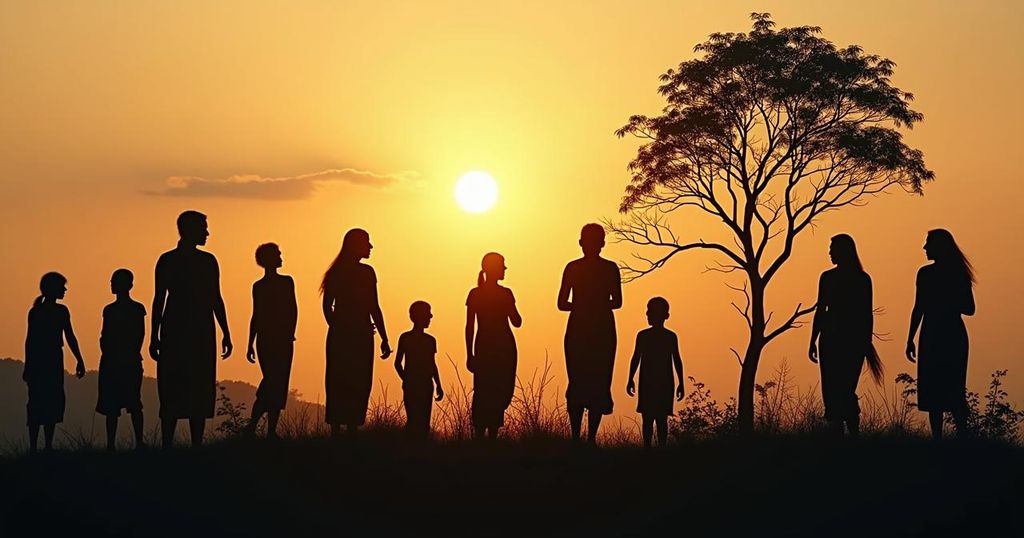The Disproportionate Impact of Climate Change on Women in Bangladesh

Syeda Rizwana Hasan, Bangladesh’s Environment Adviser, emphasized the severe impact of climate change on women, especially mothers, during her speech at the Annual Community of Practice Network Convention 2024. She discussed health concerns due to clean water scarcity in regions like Khulna and criticized developed nations for failing to deliver promised financial support for climate adaptation efforts while advocating for regional collaboration to combat these challenges. Additionally, she acknowledged outstanding women-led initiatives in climate change adaptation.
In a poignant address at the “Annual Community of Practice Network Convention 2024” held in Dhaka, Bangladesh, Environment Adviser Syeda Rizwana Hasan highlighted the disproportionate impact of climate change on women, particularly mothers. She emphasized that as primary caregivers, women face significant challenges during natural disasters and climate disruptions. “Women, as primary caregivers, are responsible for putting food on the table for their children daily. This is why, during any disaster or climate change event, challenges faced by the women are the greatest,” remarked Rizwana. Rizwana shed light on the alarming conditions in regions such as Khulna, where the scarcity of clean water has led many women to resort to birth control pills to stop menstruation, a drastic measure to cope with their situations. She noted the distressing health effects of saline water during pregnancy, including the exacerbation of high blood pressure among expectant mothers. “Despite an abundance of water, there is a critical shortage of safe drinking water,” she added, underscoring the dire circumstances faced by women in these regions. The convention, supported by UN Women, convened experts and activists who are dedicated to addressing climate adaptation and promoting gender equality. Rizwana strongly advocated for increased recognition of the severe consequences of climate change. “While people often complain about heatwaves, floods, and extreme weather, there is a reluctance to acknowledge these as consequences of climate change,” she stated. She also called for regional collaboration to effectively respond to the challenges posed by climate change, critiquing developed nations for their failure to fulfill financial commitments made through the Loss and Damage Fund. “Developed countries burn more fossil fuels, and yet they have failed to deliver the promised funds to the affected nations. However, Sweden has been an exception,” Rizwana noted, highlighting the disparity in support for affected nations. Additionally, she presented awards to five exemplary women-led climate change adaptation initiatives, recognizing their vital contributions to tackling this pressing issue.
Climate change has emerged as a critical global challenge with severe implications for various demographic groups, particularly women. In many developing countries, women play essential roles as caregivers and providers, often exacerbating their vulnerabilities in the face of natural disasters and environmental changes. Issues such as water scarcity, health complications, and inadequate support systems can significantly affect their ability to manage household responsibilities, further complicating their roles in society. Gender inequality remains a persistent barrier as women often lack access to resources and decision-making power in matters related to climate adaptation. This highlights the need for integrated approaches that consider gender perspectives in climate policy and action.
In conclusion, Rizwana Hasan’s statements at the Annual Community of Practice Network Convention clearly illustrate the multifaceted challenges that women face due to climate change. Her emphasis on the critical conditions in regions like Khulna, along with the urgent need for financial support from developed nations, highlights significant areas of concern that require immediate action. The recognition of women-led initiatives signifies a step towards empowering female leaders in climate adaptation efforts, reinforcing the necessity of regional cooperation in addressing the overarching impacts of climate change.
Original Source: asianews.network






